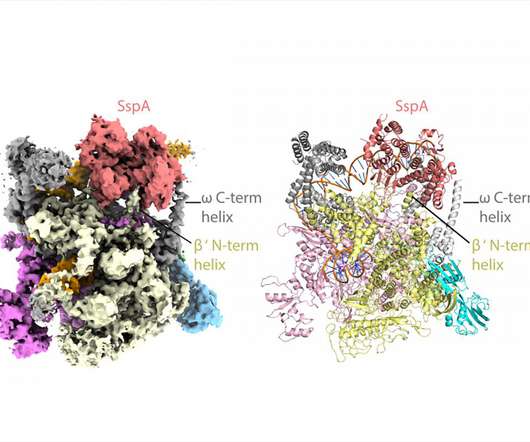Pathogenic genetic variations found to boost the risk of H. pylori–related stomach cancer
Medical Xpress
MARCH 29, 2023
A large case-control study by international researchers at the RIKEN Center for Integrative Medical Sciences (IMS) in Japan has found that people who carry certain genetic risk factors for gastric (stomach) cancer have a much greater risk if they have also been infected by the bacterium Helicobacter pylori.













Let's personalize your content